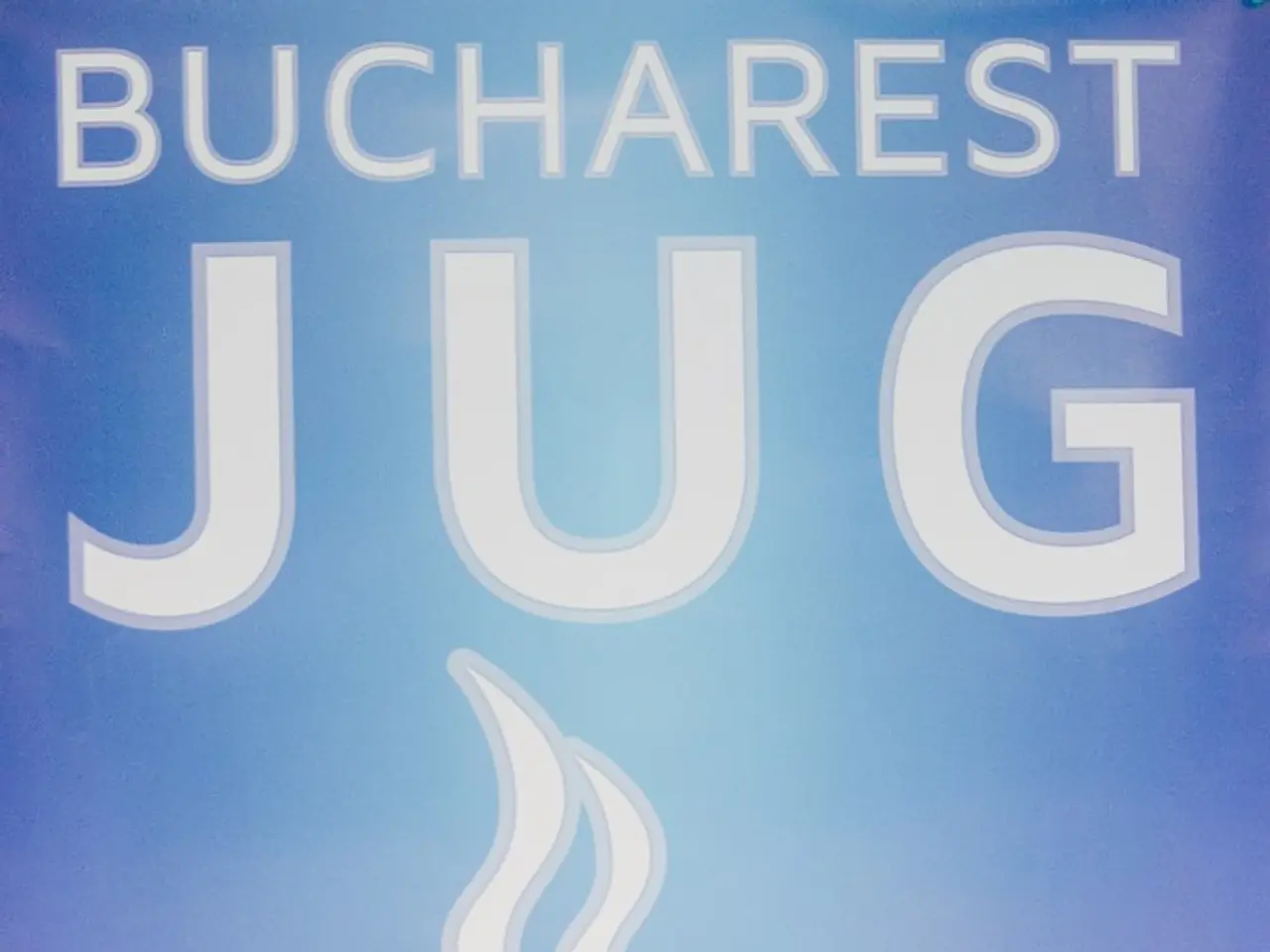Historically plummeting Bayer shares may face additional drops in the near future.
Bayer Stock Plunges to Record Low Amidst Ongoing Challenges
Bayer shares have hit a new record low of 24.43 euros this week, marking the lowest point since 2005. This steep decline follows a series of setbacks for the German pharmaceutical and life sciences company.
The current sell-off can be attributed to a variety of factors, including issues related to glyphosate, debt, pharmaceuticals, and crop science. The failure to complete a bottom formation above 30 euros a few weeks ago has exacerbated the situation.
The glyphosate issue, in particular, has been a significant burden for Bayer. Negative news surrounding the weedkiller has put the company under particular pressure in the USA. This long-term legal and financial challenge has contributed to the stock's prolonged downtrend since around 2017.
Bayer has faced billions in legal liabilities from Roundup lawsuits alleging carcinogenic effects. These legal battles have led to multiple settlements and the need to raise funds through issuing additional stock, which has severely pressured share price and investor sentiment. The announcement of stock issuance to pay these settlements dropped Bayer shares 10% immediately, signaling high investor concern.
The company's operating profit has also been declining at an annual rate of -1.79% over 5 years, with recent quarters showing significantly reduced profit after tax. This reflects growth difficulties and weaker business fundamentals.
Despite some recent upgrades and optimism from analysts about possible earnings improvements and the company's underlying business trends, the stock remains volatile with mixed "hold" and "buy" ratings. The valuation metrics such as a price-to-book ratio of around 10 and a debt-to-equity ratio near 1.07 suggest some perceived overvaluation amid financial risks.
The risk of further price declines persists, mainly due to uncertainty and potential new liabilities in ongoing legal cases related to Roundup and other issues. Possible dilution of current shares if Bayer issues more stock to pay settlements or fund restructuring, and continued operational and profit challenges if growth in crop science and other segments fails to accelerate, also pose threats.
However, technical trading data indicate that the stock has traded in a roughly $5 (12-month low) to $8.65 (12-month high) range recently. Moving averages such as the 50-day ($7.64) and 200-day ($6.56) could serve as technical resistance points if the stock tries to recover. Investor sentiment and broader market performance will also influence resistance thresholds, but given recent volatility, resistance near $8-$9 seems plausible.
In summary, Bayer’s historic stock decline reflects heavy legal and financial burdens from lawsuits, combined with operational profit declines. While some improving analyst sentiment suggests possible recovery, risks remain in legal exposure and earnings performance, with important resistance near $7-$9 levels based on recent trading history.
Finance and business concerns continue to plague Bayer as the ongoing legal battles related to Roundup remain a significant burden, resulting in billions in liabilities and pressuring share price. Investing in Bayer's stock may require careful consideration, given the prolonged downtrend and uncertainties surrounding future liabilities and profitability in various business segments.




